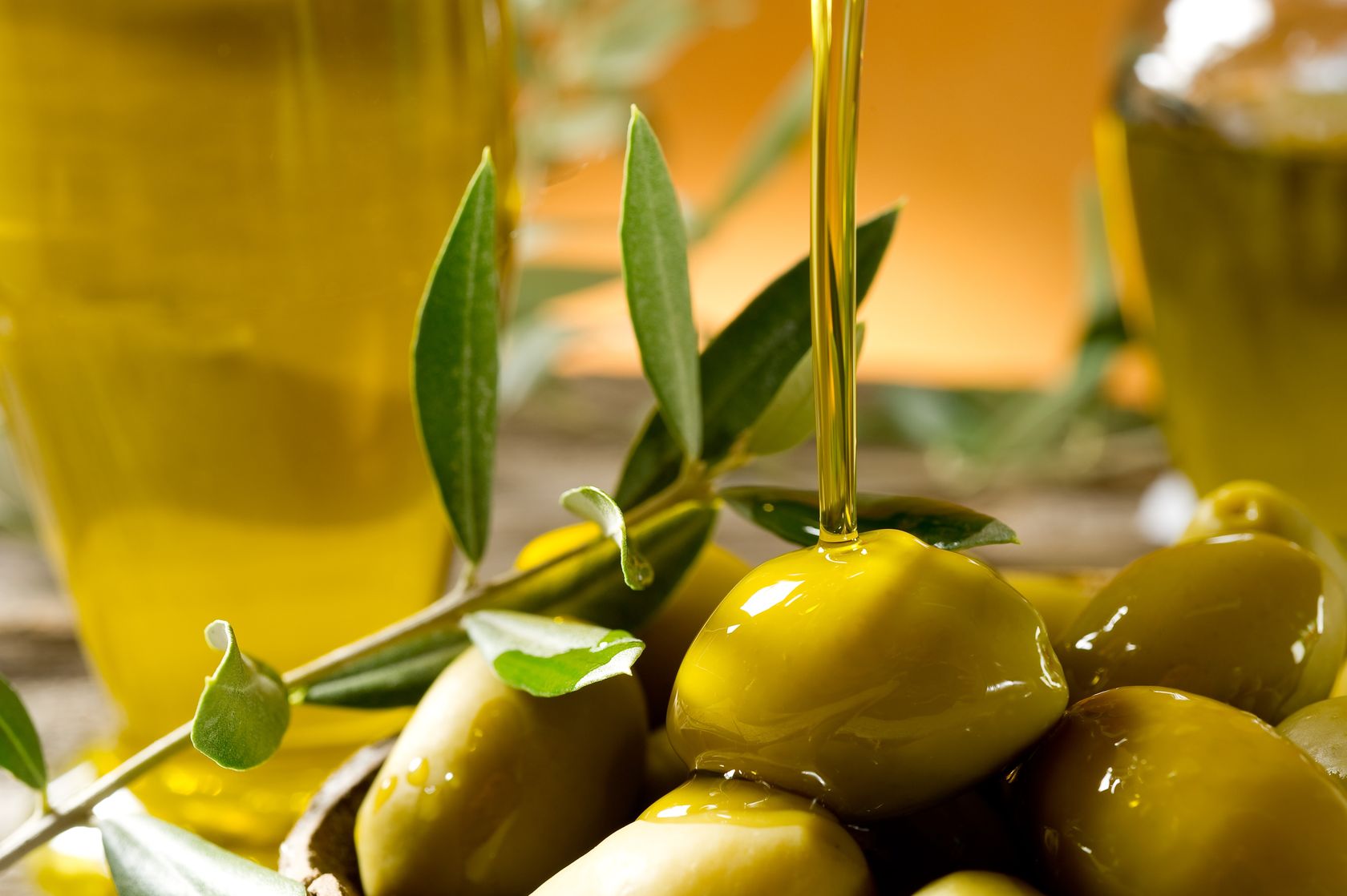Skinny Fats & Oils: Which Are Critical For Better Health?
 Contributed by
Liza Rowan
December 26, 2015
Contributed by
Liza Rowan
December 26, 2015

‘Fat confusion’ is probably an understatement as we now try to accept that fats are not just good, but are critical for our better health. Abuse of the wrong types of fats (e.g. refined oils, shortening, margarines) while consuming more white foods (sugar, flour, oils) as we try to avoid natural good fats, has contributed to the rise in cardiovascular diseases, obesity, and cancer over recent decades.
Fats are categorised into – saturated (e.g. meats, poultry, butter, milk), monounsaturated (e.g. olives, avocados, peanuts and cashew nuts) and polyunsaturated (e.g. oily fish, flax, chia, hemp, walnuts). All these fats contribute to our better health in some way, in their natural wholesome state. It is the processing and refining of these fats and oils, and how they are then treated by the consumer, that makes them so unhealthy. Let me explain.
Saturated fats found in animal and dairy products, coconut and tropical oils are saturated with hydrogen, like a sponge is saturated with water. Contrary to previous beliefs, these are not the cause of heart disease – they are natural products and should be enjoyed in moderation. Saturated fats are a great source of energy and can contribute to better cardiovascular health. Once demonised for raising cholesterol levels (eggs, coconut, butter) these are no longer ‘out of bounds’. That said, we should moderate the amount of saturated fats we consume, particularly of the more ‘sluggish’ ones such as meat fats.
Saturated fats are chemically stable and are not destroyed by exposure to heat, light and air. Therefore, for high heat cooking (e.g. deep-frying) it is recommended to use butter, ghee or coconut oil.
Monounsaturated fats help reduce cholesterol and lower the risk of heart disease. They are highest in olives, avocados, almonds and other nuts and seeds. Olive oil, favoured in the Mediterranean diet, is great used as a salad dressing or dip, and also withstands low-medium heat cooking. It should not be used for high-heat wok frying or deep frying. The best quality olive oil is Extra Virgin Cold Press (EVOO) and this type is best saved for salads and no low-heat uses.

Polyunsaturated fats family, Essential Fatty Acids (‘essential’ meaning we need to get them through our diet, our body does not synthesise them) are critical for our better health. These EFAs are made up of Omega 3 (flax, hemp, walnuts, pumpkin seeds, cold water fish) and Omega 6 (hemp, safflower and sunflower oils, sesame seeds). Deficiencies of EFAs can lead to symptoms of liver and kidney degeneration, arthritis and circulation problems (Omega 6), and cognitive issues, high blood pressure, and heart disease (Omega 3). As we generally get adequate Omega 6 in the foods we consume, it is important to reach the correct balance by consciously enjoying foods high in Omega 3 fats. We should enjoy fish such as salmon and trout 2-3 times weekly, and consume flax, chia and hemp seeds, walnuts and other high Omega 3 nuts as snacks, toppings and in baked goods.
Cold pressed, unrefined oils derived from healthy plant products can contribute to a healthy diet, however, these oils are easily destroyed by the consumer as we expose them to heat, light and air. To overcome this problem of oils going rancid and having a short shelf life, the food industry introduced hydrogenation and refining, whereby oils go through processes that make them ‘stable’ (they are forced to a saturated state by chemically adding hydrogen). However, these processed and hydrogenated oils are detrimental to our health. Altered substances can be created (trans-fats – when oils are partially hydrogenated), which among other things interfere with our metabolism of EFAs. We now understand these unhealthy altered fats and oils lead to all sorts of health problems. These can also contain undesirable additives as they are stripped of essential nutrients. Overconsumption of these unhealthy fats (found in margarine, baked goods, snack foods, and convenience foods) and mistreated oils, has contributed in a substantial way to the modern diseases of cancer and heart-related illness.
The wrap on fats
Enjoy a mixture of saturated fats (butter over margarine, coconut oil over vegetable oils, some dairy and leaner meats); monounsaturated fats (avocados, olive oil, almonds) and mostly Omega 3 type Polyunsaturated fats (oily fish, flax, chia, walnuts, other nuts and seeds, leafy greens). Avoid all hydrogenated, and particularly partially hydrogenated, oils and fats and the foods that contain these ingredients. For high-heat cooking use butter, ghee or coconut oil; for low-medium heat mono-unsaturated oils (e.g. olive or avocado oil) can also be used. Cold-pressed unrefined polyunsaturated oils (e.g. flax, chia, walnut oils) should be enjoyed poured over dishes, as dips, used in smoothies, but never heated, and they should be stored in the refrigerator in small, opaque, sealed bottles.
Visit the Health & Vitality page to find out more about Liza's business.
This article was originally published on Health and Vitality blog and has been reposted on Executive Lifestyle with the permission of the author.
Did you enjoy this post? Please comment, like and share!











Sorry, the comment form is closed at this time.